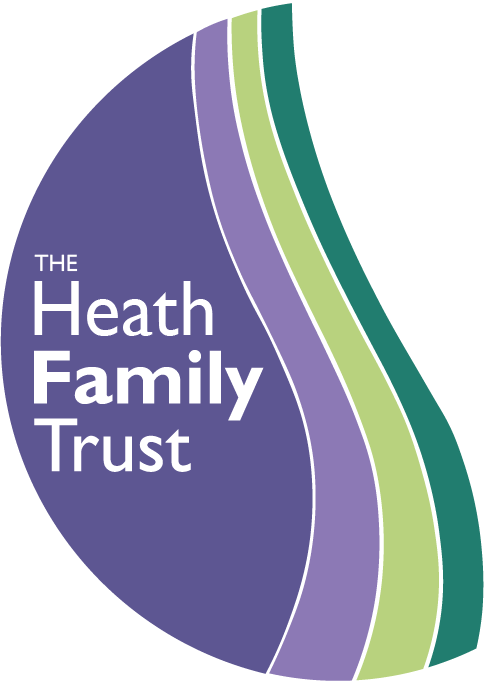Safeguarding
Designated safeguarding lead: Mrs. J. Gibbons
Deputy designated safeguarding lead: Mrs. K. Sears
Additional safeguarding designated persons: Mr M Baker; Miss T. Murphy
CHILDLINE: 0800 11 11
Safeguarding children is our first responsibility On this page you can find all the policies and procedures we follow to ensure that every child remains safe. It also explains what we do if we have concerns about children.
Safeguarding children is everybody’s duty so, if you have a concern about a child please tell us or alternatively call Sefton Social Services on 0845 140 0845. Or alternatively write to them at : Social Care Customer Access Team, Freepost LV7340, Bootle, L20 1YX. You can also e-mail them at : SocialCare.CustomerAccessTeam@hsc.sefton.gov.uk
Homophobic, Biphobic and Transphopic Bullying
Mrs Sears attended a course (‘Diversity Role Models’ www.brook.org.uk) and staff have taken part in training as part of the annual safeguarding update. The key aim of the training is for staff to be able to identify HBT bullying, who is affected by it and what impact it has.
In our school we treat everyone with respect and all prejudiced language is challenged.
Please see a member of the pastoral team if you wish to bring anything to our attention or wish to know more about our policies and what we can do to help.
Child Sexual Exploitation
Parents Against Child Sexual Exploitation (Pace) and the Virtual College teamed up to provide a short, free online course entitled ‘Keep Them Safe: Protecting Children from CSE’ designed to equip parents and carers with the knowledge to protect children against sexual exploitation. Details are available via the following link:
https://www.virtual-college.co.uk/resources/free-courses
Child Criminal Exploitation
Criminal exploitation is when individuals or gangs target children and force them to carry out criminal activity. Exploiters may force children to deal drugs, steal, commit a violent or sexual act, traffic them. More information can be found on the Children’s Society website www.childrenssociety.org.uk
Preventing Radicalisation
The Counter Terrorism and Security Act 2015 places a duty on specified authorities, including local authorities and childcare, education and other children’s service providers, in the exercise of their functions, to have due regard to the need to prevent people from being drawn in terrorism (the ‘Prevent Duty’). Young people can be exposed to extremist influences or prejudiced views, in particular those via the internet and other social media. Schools can help to protect children from extremist and violent views in the same ways that they help to safeguard children from drugs, violence or alcohol.
Mrs Sears is the lead on the Prevent strategy.
Staff in school are trained to look out for signs and know that we tackle any types of extremism within the school community.
Other Useful Numbers : Childline 0800 1111
Children are at risk of being sexually exploited. In the links below you can download information related to this – including the signs to look out for and the action to be taken.
Bullying
If you are worried that you are being bullied visit the Bullybusters website or call Bullybusters Tel: 0800 169 6928 who can provide support for victims of bullying and their families.
What is Safeguarding Children and Young People all about?
The UN Convention states that Children and Young People have rights, such as
The right to life
The right to be treated as equal citizens
The right to live in a safe environment
The right to be educated without fear
The right to be protected from abuse and neglect
HOPELineUK
Tel. 08000 68 41 41 for support and practical advice to anyone concerned that a young person they know may be suicidal. Calls are free from BT landlines. Other networks and mobile rates may vary.
Female Genital Mutilation FGM
Petals is the UK’s first FGM (Female Genital Mutilation) web app. The app is now live and available for download. The web app is designed to allow teenagers to learn about female genital mutilation (FGM) anonymously, and get help if they are at risk, has been launched.
The app, which works across most smartphones, tablets and laptops via an internet browser, is aimed primarily at young girls living in affected communities and at risk from FGM. But it can also be used as an educational tool to teach young people and others the facts and realities of FGM.
Please see some guidance, information and support about child sexual exploitation:
http://www.listentomystory.co.uk/videos/html
Gender identity
There is information here about gender identity:

